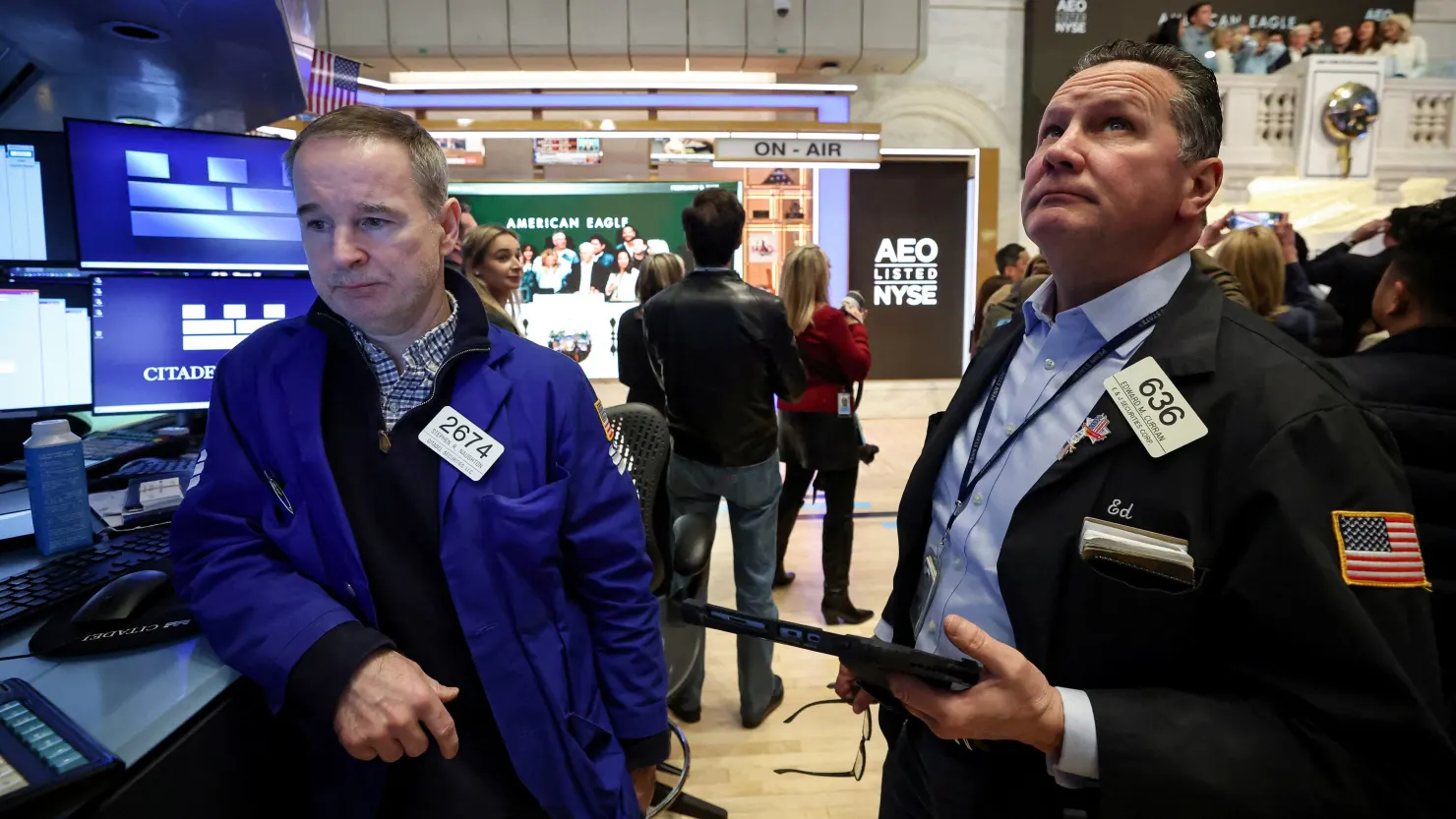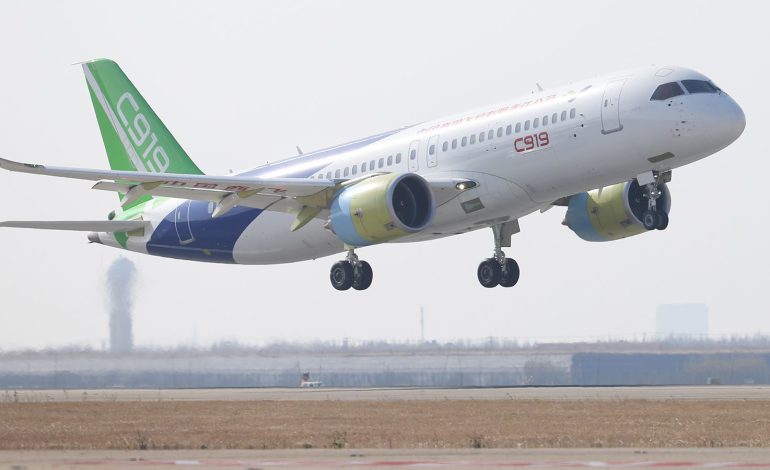As US-China trade tensions escalate and aviation becomes entangled in geopolitical disputes, China’s state-backed aircraft manufacturer Comac is facing mounting challenges, the Wall Street Journal reports.
The Commercial Aircraft Corporation of China (Comac), which produces the C919 jet as China’s answer to Boeing’s 737 MAX and Airbus’s A320neo, remains heavily reliant on American technology and far from achieving global competitiveness.
Recent directives from Beijing have reportedly instructed Chinese airlines to suspend new purchases of Boeing aircraft and seek approval before proceeding with existing deliveries. The move appears to be part of a broader effort to bolster domestic industry amid deteriorating relations with Washington. However, analysts warn the strategy could backfire—exposing Comac’s vulnerabilities at a time when it remains highly dependent on foreign suppliers.
Although Comac has received substantial government investment and support, the company’s C919 jet relies on critical components from Western firms, including GE Aerospace, Honeywell International, and RTX’s Collins Aerospace. These US suppliers provide key systems such as engines, avionics, and cockpit controls. Any export restrictions from Washington could severely disrupt the program.
According to GE Aerospace, it complies with all relevant laws and export controls, while Honeywell and RTX have not commented on potential trade implications. In 2020, the Trump administration reportedly considered blocking US companies from supplying Comac, and the issue remains under scrutiny.
Despite being promoted as a symbol of technological self-reliance, the C919’s production scale is limited. Since its first flight in 2017 and passenger debut in 2023, only about 16 jets are in commercial service—all flying domestic routes within China. Air China, for instance, owned just three C919s at the end of last year, a fraction of its fleet.
Comac has marketed the aircraft internationally but has yet to secure foreign orders or attain Federal Aviation Administration (FAA) certification, a key benchmark for global aviation credibility. The aircraft currently holds only Chinese regulatory approvals.
“The commercial aerospace industry did not become dependent on low-cost manufacturing in China,” noted Bank of America analyst Ronald J. Epstein, who also warned that “if China stops buying aircraft components from the US, the C919 program is halted or dead.”
While Comac aims to replace foreign aircraft in China’s domestic market and eventually expand globally, analysts believe that for now, Airbus—rather than Comac—is most likely to benefit from any prolonged freeze in US-China aviation trade. Airbus maintains an established presence in China and could absorb demand that would otherwise go to Boeing.
Nevertheless, some US officials are keeping a close eye on Comac’s long-term trajectory. Michigan Governor Gretchen Whitmer recently cited the rapid global expansion of Chinese automakers as a precedent, warning that Comac could one day emerge as a formidable rival to Boeing and Airbus. Boeing CEO Kelly Ortberg acknowledged Comac as a competitor but emphasized that Airbus remains the company’s primary rival.










The latest news in your social feeds
Subscribe to our social media platforms to stay tuned